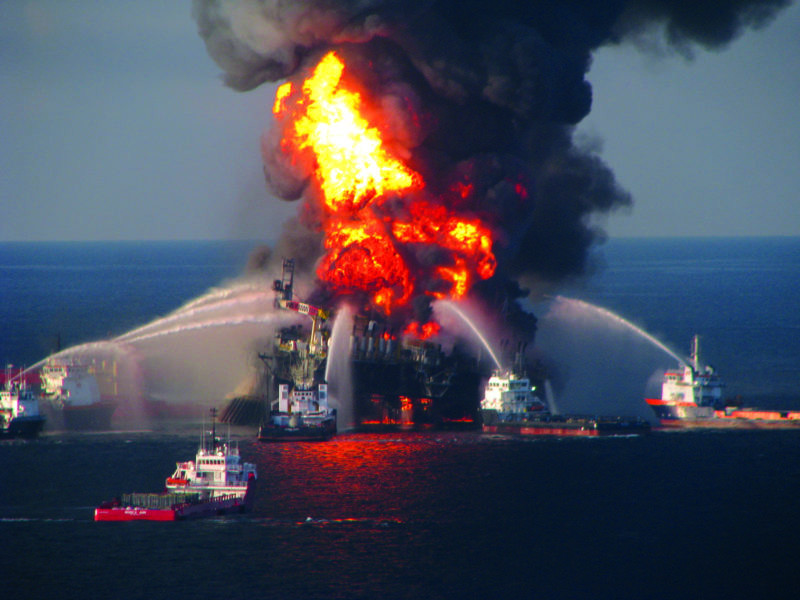Last week, the Department of the Interior announced a new proposed rule to ensure that offshore oil and gas operations on the Outer Continental Shelf are conducted with the utmost safety and oversight standards.
The proposed rule from the Bureau of Safety and Environmental Enforcement (BSEE) builds on reforms made since the Deepwater Horizon tragedy in 2010 that killed 11 offshore workers, caused billions of dollars of damage, and has had major effects on the environmental landscape in the Gulf of Mexico.
Proposed revisions to the 2019 Well Control Rule, which are now in the Federal Register, focus on well integrity and blowout prevention. These innovations will help protect human lives and the environment by incorporating the latest technology and the lessons learned from operator experience and incident data since the current rule was adopted, according to BSEE.
The Interior Department is proposing the revisions after concluding its review of the current rule in accordance with President Biden’s Executive Order 13990, Protecting Public Health and the Environment and Restoring Science to Tackle the Climate Crisis.
“This proposed rulemaking will help ensure that offshore energy development utilizes the latest science and technology to keep people safe,” Interior Secretary Deb Haaland said in a statement. “As our nation transitions to a clean energy economy, we must commit to strengthening and modernizing offshore energy standards and oversight.”
“Protecting human lives and the environment has always been BSEE’s highest priority, and this proposed rulemaking will further ensure safe and environmentally responsible offshore energy production,” said BSEE Director Kevin M. Sligh Sr. “These proposed revisions to the Well Control Rule are the result of knowledge and experience gained by stakeholders and BSEE since the 2019 rule was implemented. They will protect workers’ lives and the environment from the potentially devastating effects of blowouts and offshore oil spills.”
In the immediate aftermath of the Deepwater Horizon incident, BSEE adopted several recommendations from multiple investigation teams to improve the safety of offshore energy operations, leading to the publication of the 2016 Well Control Rule. In 2019, BSEE published a final rule that weakened certain safety provisions. Today’s proposed rule would revise some of the items that were amended or rescinded in 2019.
To further protect human lives and the environment, BSEE is proposing revisions that would:
- Require blowout preventer systems (BOPs) to be able to close and seal the wellbore to the well’s kick tolerance design at all times;
- Remove the option for operators to submit failure data to designated third parties and instead require the direct submittal of failure data to BSEE;
- Require failure analysis and investigations to start within 90 days instead of 120 days;
- Require independent third parties to be accredited by a qualified standards development organization;
- Specify that surface BOPs on existing floating facilities must follow the dual shear ram requirements when replacing an entire BOP stack;
- Require that remotely operated vehicles be capable of opening and closing each shear ram on a BOP; and
- Require the operator to provide test results to BSEE within 72 hours after completion of the tests if BSEE is unable to witness testing.
Publication of the proposed rule also initiates a 60-day public comment period. Members of the public may submit comment on the proposed rulemaking until Nov. 14, 2022.




